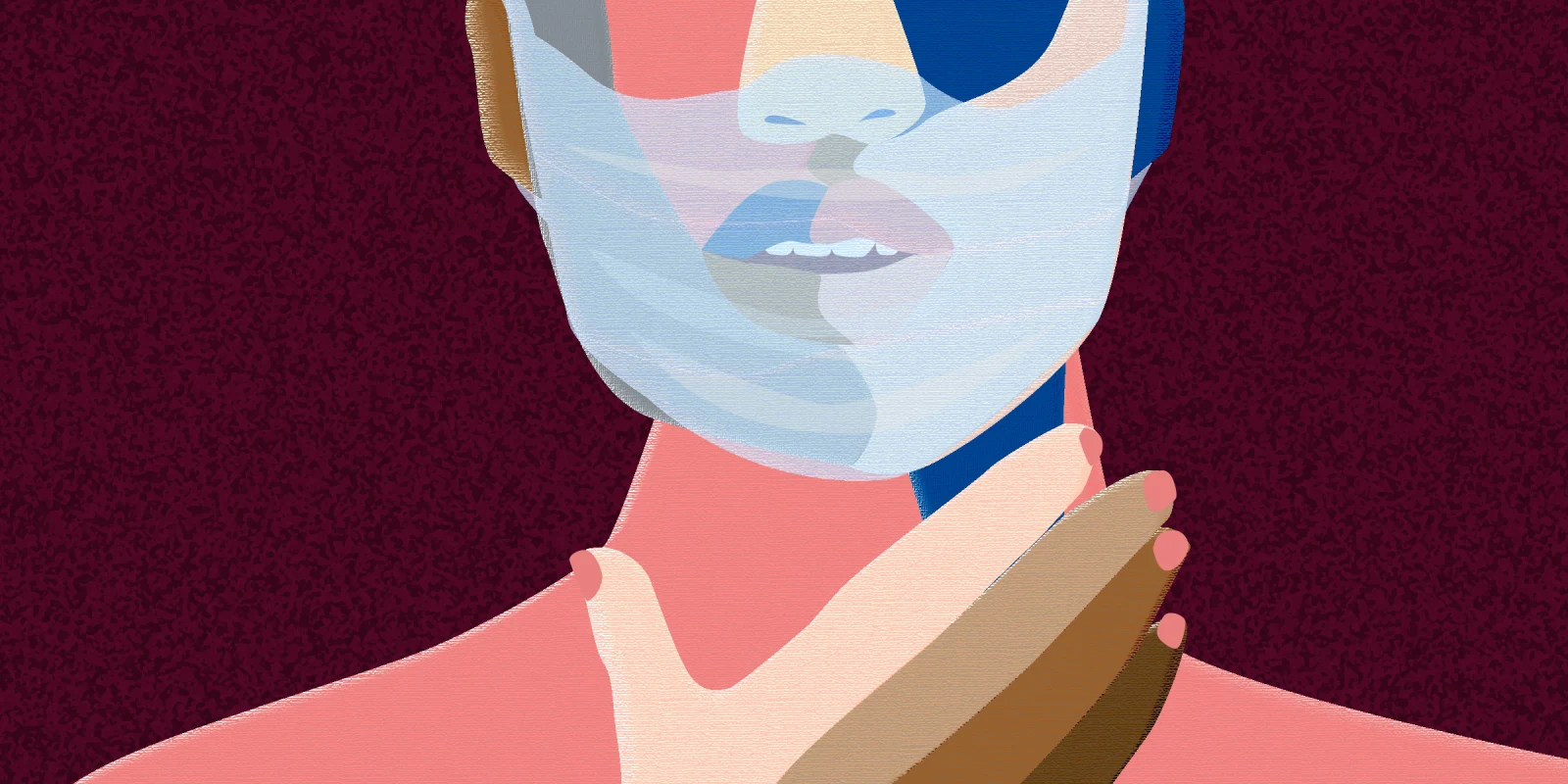As I was brushing my teeth one day, I scrolled through the list of patients on the EMR to see who came in overnight when I was asleep. A new patient with a recognizable Chinese last name popped up, and I opened his chart: Mandarin speaking only. Seeing this, I felt simultaneously excited and nervous. I was excited to have the opportunity to care for a patient in his native language who likely felt isolated in an already foreign place such as the inpatient wards, let alone a foreign country. I was also happy, as a Taiwanese American, to finally be able to care for someone who looked like me. Nervous about my Mandarin being elementary at best, I quickly looked up how to say endoscopy (nei kui jing) and gastroenterology (chang wei bing).
When I met with the patient, he seemed surprised that I was fluent in Mandarin. His face eased as we conversed in his native tongue. I was struggling to convey my thoughts, but he nodded with understanding. Regarding his care, I explained, “The gastroenterologists don’t think you need an endoscopy to find the bleeding during this hospital stay. We will give you blood, and if you feel better, you can go home this afternoon.” He was relieved by the news. I was relieved that he understood me. He responded well to the blood transfusion and was discharged home later that day.
Though I was glad to have had a successful dialogue with this patient, I knew that his race, ethnicity, and limited English proficiency made him particularly vulnerable in the current U.S. climate. Violence against Asian Americans spiked during the pandemic: According to the Stop Asian American and Pacific Islander (AAPI) Hate National Report, over 9,000 anti-AAPI incidents were reported from March 2020 to June 2021, a 150% increase compared to 2019. In fact, last month a 70-year-old Asian American woman from my city of Somerville was punched in the face by a white man while she was simply out for a walk. These hate crimes have been attributed to the anti-Asian bias normalized by the racist rhetoric (“kung flu”; “China virus”) of prominent politicians.
Notably, anti-Asian racism did not start with COVID-19. Since the late 1800s, the concept of “Yellow Peril” has portrayed people of Asian descent as an existential danger to the Western world. This harmful stereotype originated when Chinese workers legally immigrated to Western countries and worked for lower wages than local white workers, provoking a backlash against the AAPI population in general. In 1871 in Los Angeles, in what is known as the Chinese Massacre, a mob of white men, acting on false information that a city policeman had been injured, tortured and murdered 18 Chinese immigrants; all of the men’s sentences were overturned. In 1882, prompted by white citizens’ concerns over maintaining “racial purity,” President Arthur passed the Chinese Exclusion Act, the first immigration law banning an entire ethnicity from entering the U.S. During World War II, people of Japanese descent were incarcerated in concentration camps after Pearl Harbor. Today, history continues to repeat itself as we see AAPI people being blamed for the COVID-19 pandemic. I can’t help but think about my Mandarin-speaking patient, my grandparents, and my parents. What if it was one of them who had been attacked?
Beyond violence, this anti-Asian racism takes a toll on both physical and mental health. In California, the mortality rate in Pacific islanders in 2020 was the highest of any racial or ethnic group. A recent article published in the Journal of the National Cancer Institute demonstrated that racism experienced by Asian Americans is contributing to worsening health disparities for a number of cancers. AAPI patients are also underrepresented in clinical research studies, with only 0.17% of research projects funded by the NIH between 1992 and 2018 focused on the AAPI population. Additionally, a study published in August 2021 found that anti-Asian discrimination was shown to negatively affect the mental health of both AAPI and non-AAPI adults, suggesting that racism impacts U.S. society as a whole, not just those directly targeted.
Although the term “AAPI” applies to a heterogenous group of people with ancestry from east, southeast, and south Asia, as well as Hawaii and the Pacific Islands, there are often shared barriers among these individuals along the lines of language proficiency, immigration status, poverty, insurance, the model minority myth, and acculturation to American society. Importantly, the disaggregation of data within the AAPI population is necessary to spell out specific health inequities in the U.S. — e.g., diabetes is twice as prevalent in Filipino men compared to non-Hispanic white people; Vietnamese women experience the highest rates of cervical cancer. To serve our AAPI patients effectively, therefore, we must be aware of systemic racism and its resulting negative health consequences.
As a Taiwanese American clinician who is a child of immigrants, I know firsthand this racism faced by my AAPI patients, whether it is at the interpersonal or the systemic level. Racism is pervasive throughout American society, and health care is not an exception. I’m grateful, then, for the times when I can provide culturally concordant care to this patient population. A few months after my Mandarin-speaking patient was discharged from the hospital, I ran into his wife as I was finishing a shift. She said in Mandarin, “It’s so good to see you again! You explained so well what happened to my husband last time.” I replied in Mandarin that I was happy to see her again and asked how her husband was doing. She started to go into detail about how the endoscopists saw something in his liver and asked for my medical opinion on his case. Bao qian, I apologized and said I didn’t have access to the procedural report but was glad that he had the gastroenterologists involved in his care. Xie xie! she said, thanking me as I told her that I just finished a shift. I replied, Bao zhong. Take care.
What strategies do you have for caring for AAPI patients in the era of COVID-19? Share your thoughts in the comments below.
Sunny Kung is an addiction medicine fellow at Massachusetts General Hospital. She completed her internal medicine residency at Brigham and Women's Hospital and medical school at the Pritzker School of Medicine University of Chicago. Originally from California, she is a Taiwanese first-generation immigrant interested in caring for minoritized populations, immigrants, patients with substance use disorders, and those experiencing homelessness. Sunny is a 2021–2022 Doximity Op-Med Fellow.
Illustration by Yi-Min Chun







